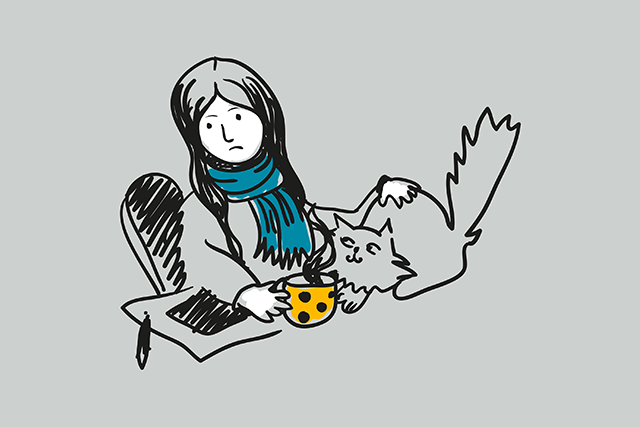- A Book a Week
- Posts
- “The Mountain is You”: Strategies to Defeat Self-Sabotage
“The Mountain is You”: Strategies to Defeat Self-Sabotage
This week, we're focusing on "The Mountain Is You" by Brianna Wiest. This book offers a guide to understanding and overcoming self-sabotage, a common barrier to personal growth and happiness. Let’s dive in.

Brianna Wiest combines insights from psychology, philosophy, and her own experiences to explore the roots of self-sabotage and provide practical strategies for achieving self-mastery. The book is a powerful reminder that the greatest obstacle we face in achieving our goals and living our best lives is often ourselves, and it provides the tools needed to climb that mountain.

Principle #1: Recognize Your Patterns of Self-Sabotage
Wiest emphasizes the importance of identifying and understanding the ways in which we unconsciously undermine our own progress and happiness, as the first step toward transformation.
Principle #2: Embrace Radical Self-Acceptance
The journey to self-mastery involves accepting all parts of ourselves, including our flaws and past mistakes, to move forward with compassion and understanding.
Principle #3: Cultivate Mindfulness and Presence
By becoming more present and mindful, we can observe our thoughts and behaviors without judgment, allowing us to make conscious choices rather than being driven by automatic self-sabotaging habits.
Principle #4: Set Boundaries and Honor Your Needs
Learning to set healthy boundaries and prioritize our needs is crucial for self-respect and the prevention of self-sabotage, leading to more fulfilling relationships and personal growth.

“It is very hard to show up as the person you want to be when you are surrounded by an environment that makes you feel like a person you aren’t.”
“Either way, mental strength is not just hoping that nothing ever goes wrong. It is believing that we have the capacity to handle it if it does.”
“The way you are self-sabotaging: Mindlessly scrolling through social media as a way to pass the time. What your subconscious mind might want you to know: This is one of the easiest ways to numb yourself, because it is so accessible and addictive. There is a world-altering difference between using social media in a healthy way versus as a coping mechanism. Mostly, it has to do with how you feel after you’re finished. If you don’t put the phone down feeling inspired or relaxed, you’re probably trying to avoid some kind of discomfort within yourself—the very discomfort that just might be telling you that you need to change.”

Journal for Self-Reflection: Regularly journal about your thoughts, feelings, and behaviors to uncover patterns of self-sabotage.
Practice Mindfulness Daily: Incorporate mindfulness practices into your daily routine to enhance self-awareness and presence.
Communicate Your Boundaries: Clearly articulate your boundaries to others, practicing assertiveness in a respectful manner.

For the next month, focus on one self-sabotaging behavior you've identified. Each week, implement a specific strategy to address and transform this behavior, reflecting on the changes you observe in yourself and your life.

Contrary to the view that self-sabotage is purely detrimental, a counterpoint suggests it can play a crucial role in self-preservation and personal growth. Self-sabotage might act as a protective mechanism, shielding individuals from perceived threats or failures by signaling deeper, unmet needs or unresolved issues. This perspective argues that overcoming self-sabotage through sheer willpower might not always be beneficial, as these behaviors can offer valuable insights into our fears and desires.
Furthermore, the relentless pursuit of self-mastery, by eradicating self-sabotage, risks ignoring the intrinsic value of the journey, including the lessons from setbacks. Self-sabotage, then, is not merely an obstacle but a part of the learning process, fostering resilience and a deeper connection with one's authentic self. Recognizing the potential benefits of self-sabotage invites a more balanced approach to personal development, emphasizing self-awareness and acceptance over the elimination of all self-imposed barriers.

We hope you enjoyed learning more about self-sabotage and how it may be stopping you from achieving your goals. As always, if you have any feedback or questions, just hit reply.
A Book a Week Team

